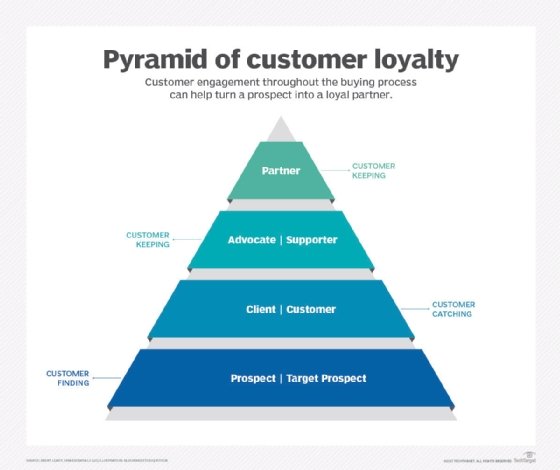SMB (small and medium-sized business or small and midsize business)
What is an SMB (small and medium-sized business or small and midsize business)?
SMB is an abbreviation for a small and medium-sized business, sometimes called a small and midsize business. The terms are often used to refer to companies that are smaller in size and revenue than large corporations, but larger than microbusinesses or those run by an individual proprietor.
What types of business qualify as SMBs?
Generally, an SMB is a company with fewer than 500 employees and annual revenue of less than a few hundred million dollars. SMBs can be found in a wide range of industries and can include everything from local mom-and-pop shops to technology startups.
The role of SMBs
SMBs play a crucial role in the global economy as they provide a significant portion of the jobs and revenue that drive economic growth. According to the World Bank, SMBs account for approximately 90% of all businesses worldwide and create two out of every three new jobs.
Challenges facing SMBs
SMBs often have limited resources and face many operational challenges that larger corporations do not. They may also lack the budget and IT infrastructure to support large-scale technology solutions.
Because they typically have fewer staff members and their employees might need to wear many hats, SMBs are often in search of ways to streamline operations and automate repetitive tasks to free up time for other critical business functions.
Scalability is another key challenge for SMBs. However, they have the potential to grow rapidly, provided they make wise choices to meet the evolving growth requirements of the business.
Opportunities for SMBs
SMBs may struggle to stay competitive with larger companies in their industry. Technology can help them improve productivity, efficiency and profitability, as well as stay agile, innovative and responsive to market changes. It can help them make informed decisions based on real-time data and insights.
SMBs that leverage their agility and flexibility to stay nimble can respond swiftly to emerging opportunities. In doing so, they must be comfortable running detailed financial projections, managing cash flow effectively and seeking financing options that are appropriate for their size and stage of growth.
SMBs are often better positioned than larger companies to offer personalized service, rapid response times, and a sense of community and connection. By cultivating strong relationships with customers, vendors and employees, SMBs can build a loyal, engaged community that supports their growth and success.

The outlook for SMBs
Looking ahead, the success of SMBs depends on the following three factors:
- Technology. Advances in cloud computing, artificial intelligence and other technologies are making it easier and more affordable for SMBs to access powerful software and tools that can help them automate processes, improve productivity and make data-driven decisions. As the world becomes increasingly connected and reliant on digital technologies, SMBs will need to embrace digital transformation to stay relevant and competitive. This might involve rethinking business models, developing new products and services, and finding new ways to engage with customers. As cyber threats become more sophisticated and frequent, SMBs will need to continue to invest in robust cybersecurity measures to protect their data and systems. Failure to do so can result in data breaches, financial losses and damage to the company's reputation.
- Sustainability. As consumers become more environmentally conscious and demand more sustainable products and services, SMBs will need to adopt more sustainable practices to stay competitive. This might involve reducing waste, using renewable energy sources and adopting more sustainable supply chain practices.
- Remote work and hybrid work arrangements. The COVID-19 pandemic accelerated the trend toward remote work, and many SMBs are now adopting hybrid work models that combine remote and in-person work. This can provide a range of benefits, including increased flexibility, reduced costs and access to a wider talent pool.
Secondary definitions for SMB
SMB also stands for Server Message Block in the Server Message Block protocol. Explore the differences between NFS vs. CIFS vs. SMB, compare seven storage network protocols and learn how to defend against TCP port 445 and other SMB exploits.
More on small and midsize business
Discover what SMBs can teach today's managed service providers and how to create a mobile app for a small business. Learn why SMBs struggle with data use and analytics and explore why and how an SMB should implement a SAN.
